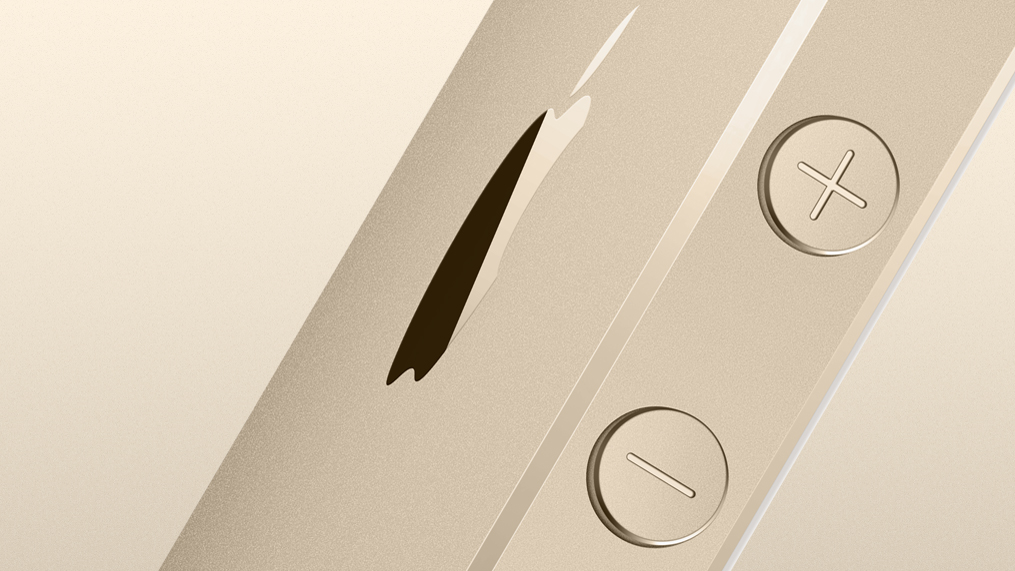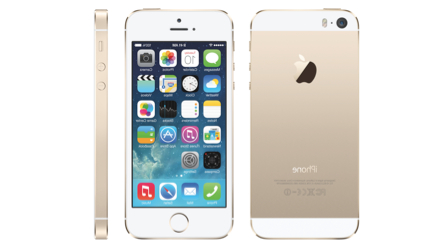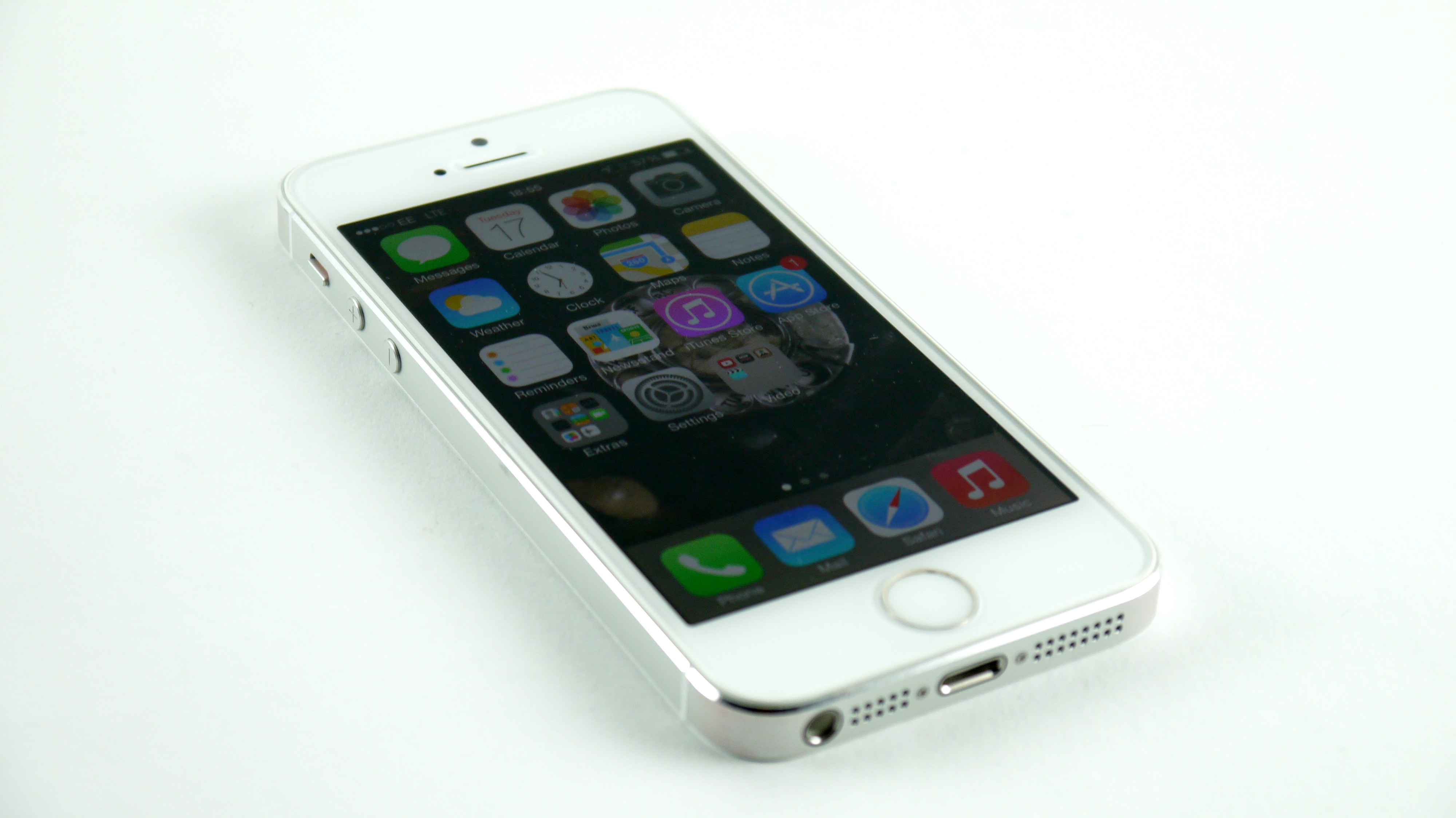Why you can trust TechRadar
Apple imbued the iPhone 5S with not one, but two, chips that it thinks made the 5S one of the powerful phones on the market in 2013. A lot has changed since its launch, and there's now a raft of newer handsets packing in more power – but the 5S is no slouch.
It's almost insane to think of the power running under the hood here, and there's no doubt that it gave things a real performance boost over the iPhone 5 – that said, it's not realised the potential of that chip in the way other phone manufacturers have, although it's still impressive when it comes to graphics reproduction and similar tasks.
A7 Chip
The A7 chip from Apple inside the iPhone 5S is worth noting: not only did it bring a huge boost in power, it offered 64-bit computing inside an iPhone for the first time too.
To most people in 2013 that label meant nothing more than suggesting their phone was as powerful as a Nintendo 64 – in reality, it was a pretty important move for the company.

Simply put, a 64-bit chip allows for more powerful processing and a greater amount of power to be plugged through the phone for most tasks. It can also work with a greater amount of RAM.
It didn't really mean much to the consumer when the iPhone 5S launched, but 64-bit is the industry standard now. There are some noticeable elements that take advantage, with the camera being much faster and able to handle so much more smoothly. And I'm willing to bet the Touch ID sensor is going to need a hefty whack of power to enable such tight security on the phone.
Thanks to that future-proofing 64-bit technology, you can pick up an iPhone 5S safe in the knowledge that all the latest apps and games are still going to work with it… and the iPhone was already a slick and fast beast before the processor upgrade.

It was partly a marketing exercise, and partly Apple future-proofing itself, enabling its phones to add in new layers of security and providing developers with the tools to make even better apps. That future-proofing means the iPhone 5S is still a decent-value proposition in 2016.
M7
There's another cheeky little chip under the hood that sits alongside the A7 main unit: the M7 chip, which is there to make the iPhone 5S a rival to trackers from the likes of Jawbone and Fitbit.
It enables the main CPU to snooze while it tracks the motion of the phone, through the accelerometer, gyrometer and compass.
This means that it will know when you're jogging or when you're in the car, and can take that information and store it without needing to drain the battery by having the main CPU chugging away.
It can even retrofit the data to apps that you download at a later date, meaning any M7-enabled app that uses the new CoreMotion API will be able to give you information on recent training.
It will also seamlessly slip from walking to driving navigation on Apple Maps, which is a nifty extra, taking another hassle out of life, and especially useful for keeping drivers safe behind the wheel.
We're seeing the benefit of what's on offer with the M7 chip now that Apple has released the Health app. It's a comprehensive record of your activity and a place to store important health data, and it ties in with all the top fitness apps and wearables.
As with the Health app, other apps are able to plug into the M7 chip just as easily as the M8 and M9 upgrades in the newest iPhones.

Gareth has been part of the consumer technology world in a career spanning three decades. He started life as a staff writer on the fledgling TechRadar, and has grew with the site (primarily as phones, tablets and wearables editor) until becoming Global Editor in Chief in 2018. Gareth has written over 4,000 articles for TechRadar, has contributed expert insight to a number of other publications, chaired panels on zeitgeist technologies, presented at the Gadget Show Live as well as representing the brand on TV and radio for multiple channels including Sky, BBC, ITV and Al-Jazeera. Passionate about fitness, he can bore anyone rigid about stress management, sleep tracking, heart rate variance as well as bemoaning something about the latest iPhone, Galaxy or OLED TV.
